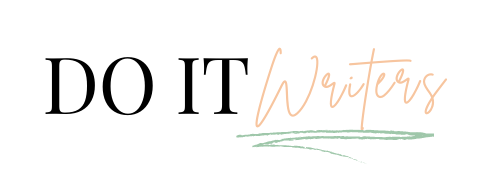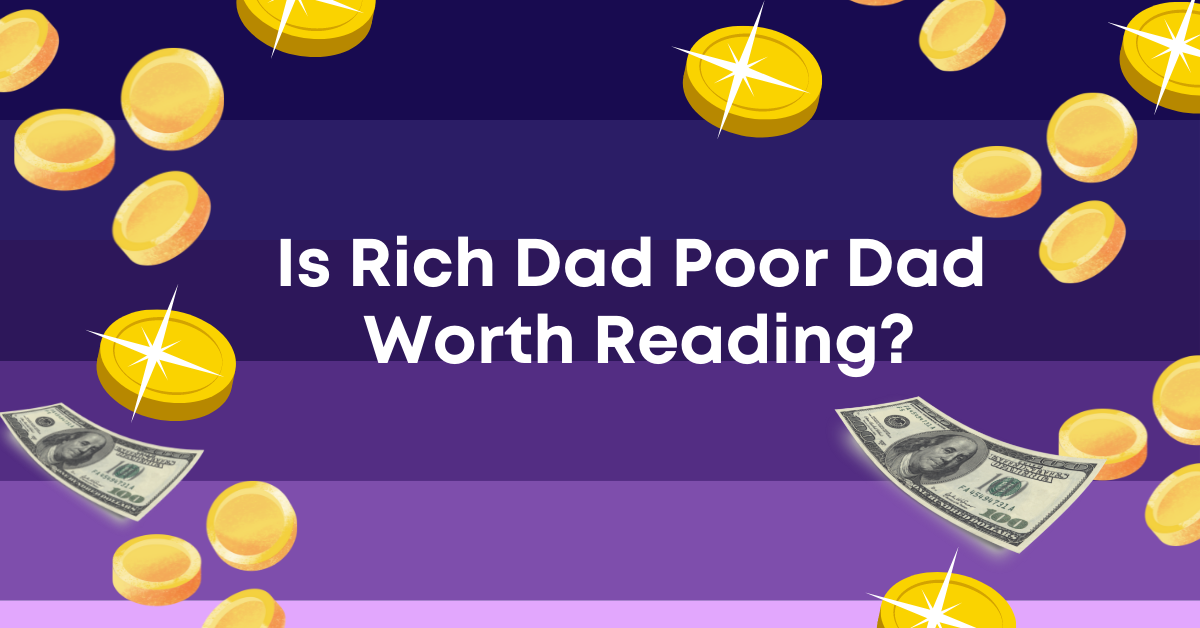Is Rich Dad Poor Dad worth reading? Rich Dad Poor Dad by Robert T. Kiyosaki is one of the best selling personal finance books. The book cover even proclaims that it is “The #1 personal finance book of all time!” First ever copy was published in 1997, it is estimated to have sold over 45 million copies. It is currently the 6th best selling book at Amazon in certain categories.
The book Rich Dad Poor Dad is a real story about Kiyosaki when he went to college. In the book the poor dad is Kiyosaki’s real dad. He went to college, valued safe investments, and encouraged Robert to work for others for the salary and benefits. The rich dad in the book is his friend’s father who took Robert under his wing. He didn’t want to work for money. He wanted the money to work for him.
Robert T. Kiyosaki in the book explains how his poor dad is poor and his rich dad is rich because of their own different attitudes and philosophies about money. He sprinkles examples of each dad’s financial moves throughout the book.
Is Rich Dad Poor Dad Worth Reading?
The Rich Dad Poor Dad’s Best advice:
We’ll start this Rich Dad, Poor Dad review with what I think Kiyosaki does well. He makes some solid fundamental financial suggestions in an easily understandable manner.
1. Find Many Ways to Escape the Money Rat Race
In the book Kiyosaki not only does cover the fundamental best practices for personal finance, but he also does an amazing job of painting an inspiring picture of their end goal: security, financial independence, retirement, and finally getting a money fountain.
Many people usually truly begin to understand the significance of their own financial decisions when they are able to realize that they constitute a journey that can culminate finally in holding enough wealth that work ends up becoming optional.
Kiyosaki’s advice makes escaping the rat race using investments or a self-sustaining business sound inspirational and easy.
2. Learn Personal Finance
While this may seem like it is a pretty obvious suggestion, it’s still a significant one. The book does a great job of showing us readers how meaningful it can be to learn how to manage your money. That means saving a high percentage of your earnings and putting the money to work in profitable investments.
A saying by Kiyosaki says: “It’s not how much money you make. It’s how much money you keep.” You have to try your best to keep your spending down as your income goes up and invest the difference in assets, not liabilities.
While his definitions of assets and liabilities may or might not follow Generally Accepted Accounting Principles, it’s practical for everyone: assets put money in your pocket, and liabilities take money out of it.
He supports learning to cut your taxes, studying accounting, and mastering saving, then teaching all these skills to your children. I love all of these ideas, and I’m glad his presentation of them resonates with so many.
3. Master Your Emotions Regarding Your Money
This one might not be a personal finance message that you’d normally see today, but it can help you by a ton. Money is a hugely emotional issue for many people, and we could all probably benefit from understanding why it makes us feel however it does.
Many people often let their emotions sabotage their finances or let their finances upset their emotional state. They might start having a fear of investing, insecurity over their job.
Kiyosaki urges his readers to face their fears, cynicism, laziness, bad habits, and arrogance when it comes to the sweet money. That seems like an arbitrary list of emotional issues.
Read more: 10 Books To Read If You Are Struggling With Depression
4. Develop a Broad and Valuable Skill Set
In a capitalistic society, having a practical and marketable skill set is the door to making money. If you are able to provide tangible value that people are willing to pay much for, you’ll always be able to easily support yourself.
Kiyosaki recommends many abilities including learning how to manage money, lead teams, build systems, and close sales. Other than that, he also suggests that people cultivate a habit of continuing to learn throughout their careers so that they never stagnate.
He also argues that people can improve their situations most effectively if they are able to keep an open mind, learn from their own mistakes rather than blaming others, and keep improving. It’s a valuable lesson and one of the best in the book.
The Rich Dad Poor Dad’s Worst Advice
Now that I’ve gone over all the good stuff of the book there is some advice that may not be as much help as you’d have thought.
-
Academic Learning isn’t Valuable (Rich People Don’t Need It)
Kiyosaki has a bad habit of downplaying the value of academic education and traditional learning. He believes people who follow the normal general wisdom end up like his poor dad: who is highly educated but ineffective and always stressed about their money. Rich people learn only by doing or from living life.
For example, his rich dad says: “All too often business schools train employees to become sophisticated bean-counters. Heaven forbid a bean counter takes over a business. Supposedly all they do is look at the numbers, fire people, and kill the business.”
He also promptly contradicts that claim, later saying: “Accounting is possibly the most confusing, boring subject in the world, but if you want to be rich long-term, it could be the most important subject.”
Read more: What Common Challenges Do Readers Face
2. Invest in Real Estate! It’s the Best Way to Get Rich!
Getting rich isn’t really the point of personal finance. Maybe I need to “overcome my cynicism,” but I generally don’t trust people who toss that word around. Kiyosaki does it a bit too much for many people’s comfort, and his suggested strategies for creating said riches aren’t always great and working either.
Mainly, it bothered me how strongly he doubled down on real estate. Sure investing in real estate can be a great way to build wealth, but (like self-employment) it’s not for everyone. It’s also not a requirement for a successful and diversified portfolio.
There are many benefits to real estate investing, but Kiyosaki borders on implying that it’s a sure 100% way to get rich quickly or inevitably. In reality, it’s a business like any other. There are unavoidable risks involved, and it takes knowledge, experience, and especially luck to succeed.

















